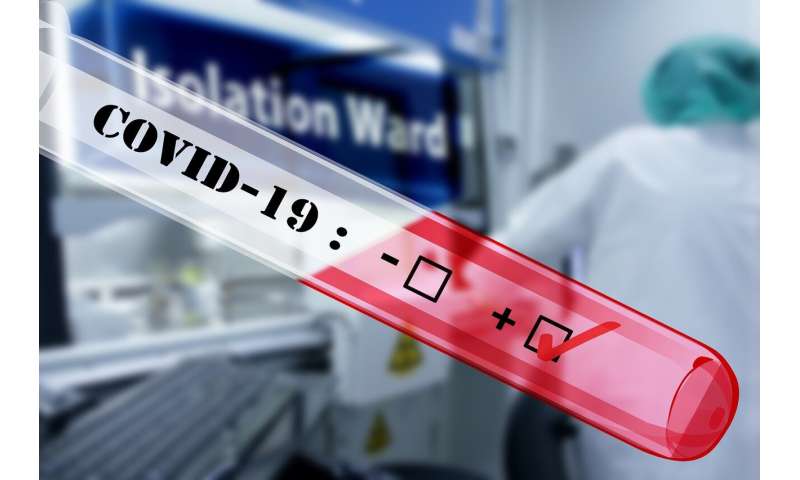
In a study published in JAMA today, Mount Sinai researchers report findings that shed some light on the disproportionate impact of COVID-19 on Blacks, who have experienced rates of infection and death that are much greater, in some areas twice and three times more, than their proportion of the population. “Our study suggests one factor that may partially contribute to COVID-19 risk among Blacks,” says lead author, Supinda Bunyavanich, MD, MPH, Professor of Genetics & Genomic Sciences and Pediatrics, Icahn School of Medicine at Mount Sinai.
“The virus that causes COVID-19, SARS-Cov-2, uses transmembrane serine protease 2 (TMPRSS2) to facilitate entry and spread in the body,” says Dr. Bunyavanich. “The degree to which a person expresses TMPRSS2 may affect how easy it is for the virus to get in and spread. We found that nasal expression of TMPRSS2 was significantly higher in Blacks than in Asians, Latinos, those of mixed race/ethnicity, and Whites. An important point is that gene expression is a dynamic reflection of personal, social, and environmental history, and many complex factors contribute to health disparities.”
In this retrospective analysis, Dr. Bunyavanich and colleagues drew on a cross-sectional study of 305 patients of diverse racial/ethnic backgrounds, ages 4-60, within the Mount Sinai Health System, from whom they collected nasal samples.
“One of the key takeaways of our findings is the critical importance of including diverse participants in clinical trials,” says Dr. Bunyavanich. “In clinical trials of TMPRSS2 inhibitors, it’s possible that different effects may be seen depending on racial/ethnic background. More broadly, we also need to address the social determinants of health, economic disparities, and differential access to health care that drive racial/ethnic disparities in health.”
Source: Read Full Article
